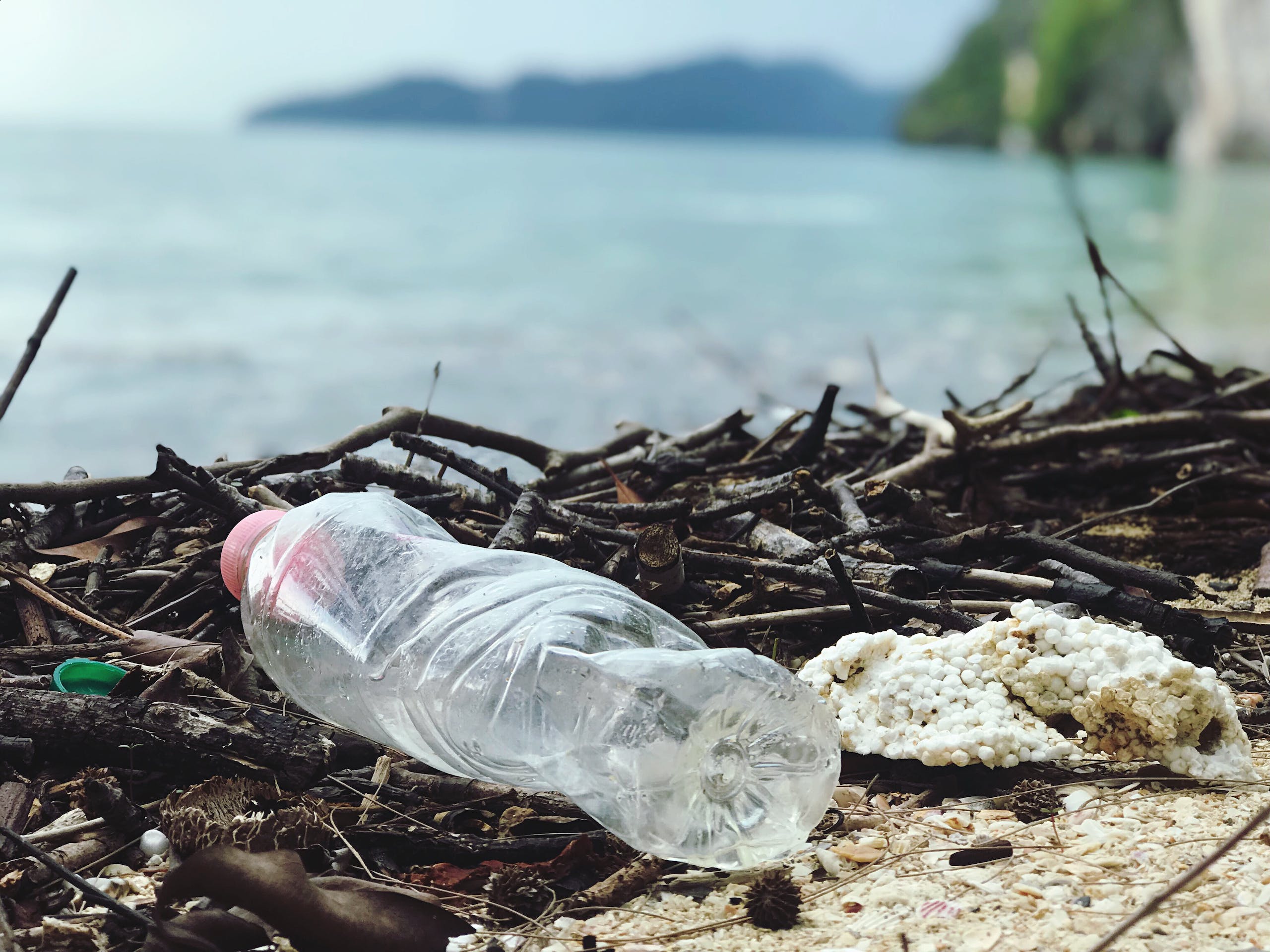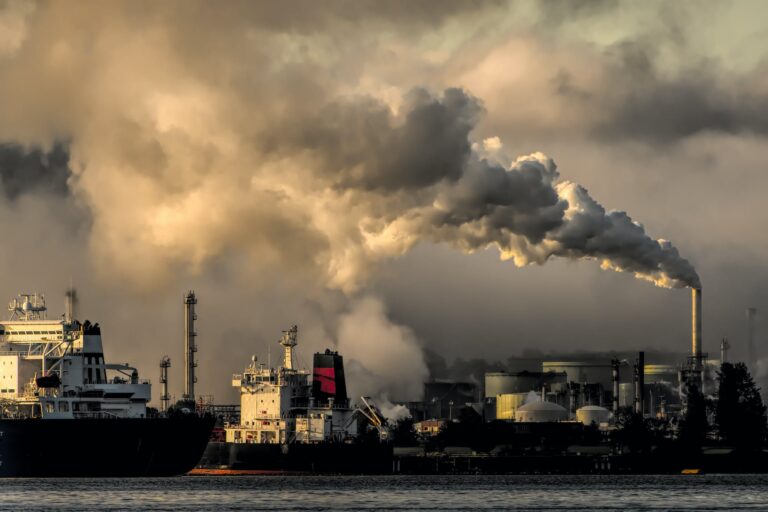Oil and Gas Companies Risk Losing Billions by Investing in Single-Use Plastics

A new report warns that major oil and gas companies are making risky investments in single-use plastics, which could harm their profits and the environment. Single-use plastics, such as bottles, bags, and packaging, are used once and then thrown away. They are made from fossil fuels, such as oil and gas, and contribute to greenhouse gas emissions and ocean pollution. The report, titled “Once Seen as Industry Savior, Petrochemicals Losing Financial Appeal,” was published by the Institute for Energy Economics and Financial Analysis (IEEFA). It analyzes the financial performance and sustainability plans of nine leading petrochemical companies, which produce plastics and other chemicals. The report finds that eight of the nine companies plan to spend more than $70 billion on new facilities to increase the production and supply of single-use plastics.
Read: Americans Still Love Gas Guzzlers
Discover: Is New York City Sinking?
Outdated Assumptions
However, the report argues that these investments are based on outdated assumptions and face multiple challenges, such as:
– Slowing economic growth and changing consumer behavior, which reduces the demand for plastics.
– Oversupply and competition from cheaper alternatives, such as bio-based and recycled plastics, which lower the prices and margins for plastics.
– Policy interventions and public pressure, which aim to limit the use of fossil fuels and plastics to address climate change and ocean pollution.
Potential Issues
The report warns that these factors could lead to lower profits, credit downgrades, and stranded assets for the companies that invest in single-use plastics. It also suggests that these companies are missing opportunities to invest in more sustainable and profitable solutions, such as:
– Reducing plastic waste by eliminating, reusing, and redesigning plastic products and delivery models.
– Replacing fossil fuels with renewable energy and feedstock in producing plastics and other chemicals.
– Expanding plastic waste collection, recycling, and disposal, especially in low- and middle-income countries.
– Developing new technologies and markets for low-carbon and circular products and services.
The nine companies
The companies mentioned in the report and some of the issues that factor into the conclusions of the study:
- ExxonMobil: An integrated oil and gas major sponsoring ethylene, polypropylene and polyethylene facilities in the U.S. and China, despite facing market and policy challenges and lagging behind the S&P 500 index.
- TotalEnergies: An integrated oil and gas major that has rebranded itself as a multi-energy company but still plans to expand its single-use plastics production through a joint venture with BASF in Texas.
- Eni: An integrated oil and gas major partially owned by the Italian government, it has embarked on developing chemical recycling initiatives that rely on unproven techniques and natural gas expansion.
- Repsol: An integrated oil and gas major criticized for using green bond proceeds to support a fossil fuel-oriented structure and has faced legal challenges over its climate marketing claims.
- Chevron Phillips Chemical: A joint venture of Chevron and Phillips 66 that is a global leader in petrochemical production, announced $14.5 billion in investments that expand ethylene and polyethylene capacity in the U.S. and Middle East.
- Shell: An integrated oil and gas major that has invested more than $6 billion in a petrochemical hub in western Pennsylvania that has caused pollution problems, lacks transparency and has opened to a weak market.
- Dow is an independent chemical company moving forward with a $9 billion integrated cracker plant in Canada that would produce 1.8 million tons of ethylene and polyethylene every year and rely on unproven carbon capture and sequestration technology.
- LyondellBasell: An independent chemical company helping to support a 1.5-million-ton annual polypropylene buildout in South Korea and Thailand; it has faced credit warnings and environmental lawsuits.
- Westlake is an independent chemical company expanding its polyethylene and polyvinyl chloride production in the U.S. and Europe and has faced regulatory fines and community opposition.
The report concludes that the petrochemical sector needs to undergo a fundamental transformation to align with the global goals of reducing emissions and pollution. It also calls for investors, regulators, and consumers to be more active in pushing companies to adopt a more sustainable business model.
Climate Crisis 24/7 used generative AI technology to help produce this article, which a human editor at Climate Crisis 24/7 edited. Climate Crisis 24/7 is dedicated to accuracy and transparency; any article that uses AI will be noted.
This report was published by the Institute for Energy Economics and Financial Analysis (IEEFA), a think tank that promotes sustainable energy.
Sponsor
Find a Vetted Financial Advisor
- Finding a fiduciary financial advisor doesn't have to be hard. SmartAsset's free tool matches you with up to 3 financial advisors that serve your area in 5 minutes.
- Each advisor has been vetted by SmartAsset and is held to a fiduciary standard to act in your best interests. Get on the path toward achieving your financial goals!






